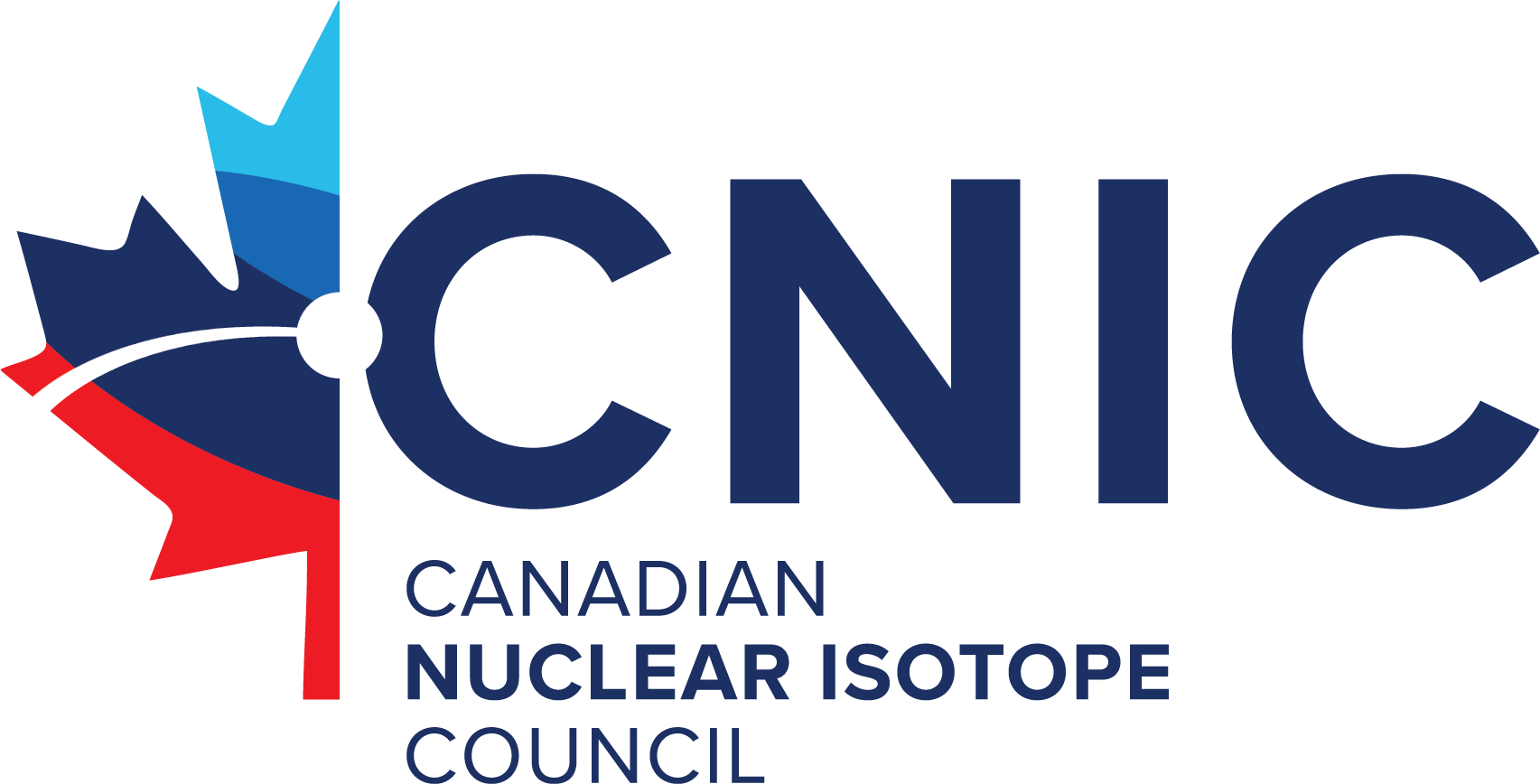Toronto – July 24th , 2023 – The Canadian Nuclear Isotope Council (CNIC) has released a new report that shows the importance of sufficient and well-trained talent to support the Canadian isotope industry and maintain our global leadership position. The findings in this landmark study entitled “Securing Canadian Medical Isotope Talent and Expertise” are based on a survey that was distributed to members of the CNIC, who report significant challenges accessing and retaining properly trained talent.
Canada possesses a sophisticated isotope production pipeline and the necessary infrastructure to gain international recognition for our role in the world’s supply of medical isotopes. With ongoing investments in research and technology, Canada can maximize its potential and meet growing international demand. However, this report has found that labour shortages may be a limiting factor to Canada’s success.
CNIC members report that turnover rates have increased over recent years and that recruiting and retaining sufficiently trained staff has already been a major challenge. The study also finds that a lack of awareness and education within Canada’s post- secondary teaching institutions is also a contributing factor to the labour shortage, which now risks inhibiting future growth.
“Canadian companies and CNIC members are planning for significant production growth or new streams of production, in addition to other cutting-edge projects to innovate packaging or transportation, of various isotopes,” said James Scongack, Chair of the CNIC. “Canada cannot allow a lack of labour to prevent or slow this innovation, especially when patients in Canada and around the world depend on us for life-saving treatments.”
The global demand for nuclear medicine is projected to reach up to $30 billion by 2030, which demonstrates a significant opportunity for Canada. However, to support Canada’s growing isotope industry, the number of people directly and permanently involved in the industry will need to increase by 33% in the next three years.
“Our government is on a mission to help people find meaningful work close to home, earn bigger paycheques and lead purpose-driven lives,” said Monte McNaughton, Ontario’s Minister of Labour, Immigration, Training and Skills Development. “This report shows the importance of investing in training programs dedicated to the skilled trades, improving employment services, and building a stronger, better Ontario for the next generation.”
“As demand grows at a rapid rate, Canada faces a critical juncture to ensure that we can maintain our leadership in the world’s supply of isotopes,” said Karin Stephenson, Chief Scientific Officer of the CNIC. “One key element to protecting this leadership position is securing sufficient personnel and labour to support the anticipated growth in the isotope industry.”
Recognizing the significant opportunities for Canada to expand its position in the global isotope industry, the report makes six recommendations to governments:
- Working with national labs and institutes to establish multi-disciplinary learning and training programs, co-op placements, and post-graduate and post-doctorate positions in career and research programs directly related to medical isotopes.
- Working with universities to establish a multi-disciplinary track that links medical isotopes, science, and engineering at the undergraduate level in Canadian Universities.
- Working with the private sector to establish a pre-employment training course for technicians able to work in these specialized facilities would enable people with appropriate skills to be identified before job-specific training begin.
- Pursuing greater engagement with students in the industry at an earlier age with the inclusion of more isotope and radiochemistry courses at the
undergraduate level. - Increasing communication with the public about Canada’s medical isotope industry so that the job force is more familiar with it and more likely to both retain jobs and increase the number of those seeking to work in the industry.
- Leveraging and building upon existing programs at federal institutions to develop an academic network focused on radiochemistry, radiochemical
production and the uses of radioisotopes would both increase training capacity for professionals and trades and would help draw undergraduate attention to the industry and its opportunities.
The CNIC and its members will continue to advocate to ensure Canada has sufficient talent in place to allow Canada’s isotope industry to thrive on a global scale.
About the Canadian Nuclear Isotope Council
The CNIC is a coalition of science, healthcare and nuclear-sector organizations to ensure Canada remains a world leader in the production of life-saving isotopes by bringing awareness and supporting long-term policies at the domestic and international level that will save countless lives and support health-care innovation for decades to come.
To learn more about the CNIC visit www.CanadianIsotopes.ca and follow us on, Facebook, Twitter, and LinkedIn.
For more information, please contact:
Andrew Thiele
Executive Director
Canadian Nuclear Isotope Council
226-930-1869
canadianisotopes@gmail.com
